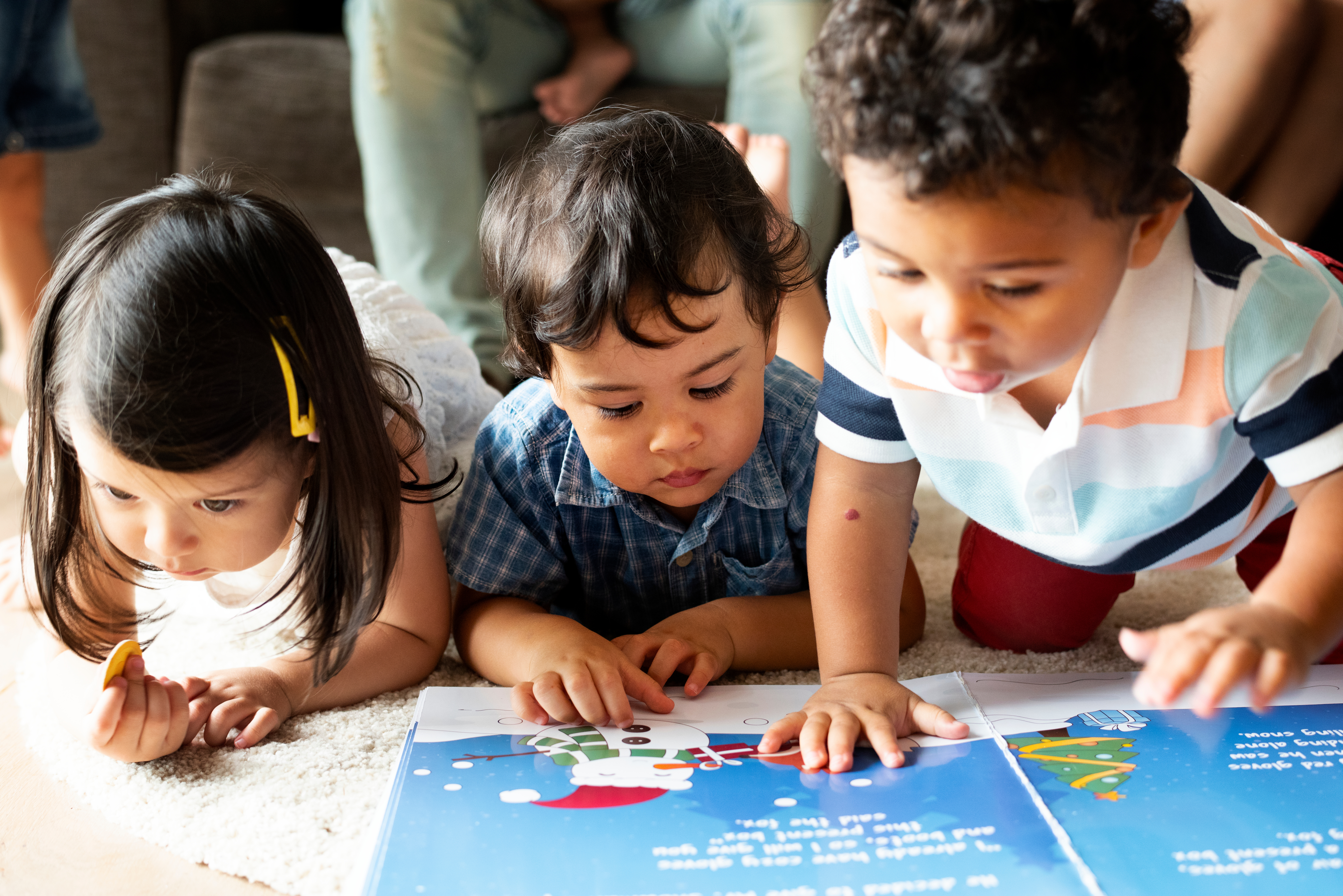
Unlocking Potential: Montessori Early Childhood Education
Montessori Early Childhood Education is a transformative approach that shapes the foundation of a child’s learning journey. This method, designed by Maria Montessori, provides a unique and enriching experience that nurtures not only academic development but also the overall well-being of young minds.
The Montessori Philosophy: A Holistic Approach
Montessori Early Childhood Education is grounded in a holistic philosophy that recognizes the interconnectedness of cognitive, emotional, and social development. The approach views each child as an individual with unique strengths and interests, fostering an environment where they can thrive both academically and emotionally.
Child-Centric Learning: Tailoring Education to Each Child
At the core of Montessori Early Childhood Education is the concept of child-centric learning. The curriculum is tailored to the individual needs and interests of each child, allowing them to progress at their own pace. This personalized approach ensures that children are challenged appropriately, fostering a love for learning.
Hands-On Learning Materials: Tools for Exploration
One distinctive feature of Montessori Early Childhood Education is the use of hands-on learning materials. These materials are specially designed to be self-correcting, encouraging independent exploration and problem-solving. From sensorial activities to mathematical manipulatives, each material serves a purpose in the child’s educational journey.
Practical Life Skills: A Foundation for Independence
Montessori Early Childhood Education places a significant emphasis on practical life skills. Activities like pouring, washing, and dressing teach children essential life skills that promote independence and self-sufficiency. These activities not only contribute to everyday life competence but also enhance fine and gross motor skills.
Cultivating a Love for Language and Literacy
Language development is a key focus in Montessori Early Childhood Education. Through activities like the Sandpaper Letters and the Moveable Alphabet, children explore the world of language in a tactile and interactive way. This early exposure lays the foundation for strong literacy skills and a love for reading and writing.
Mathematics in Action: From Concrete to Abstract Concepts
In the Montessori Early Childhood classroom, mathematics is introduced in a hands-on, concrete manner before progressing to abstract concepts. The use of materials like the Number Rods and the Golden Beads allows children to grasp mathematical principles through direct sensory experiences, making learning engaging and meaningful.
Cultural Subjects: Connecting with the World
Montessori Early Childhood Education extends beyond traditional subjects to include cultural studies. Children explore topics like geography, history, and science through hands-on activities and materials. This interdisciplinary approach fosters a sense of connection with the world and encourages curiosity about different cultures and environments.
Linking Theory to Practice: Explore Montessori Early Childhood Education
To truly understand the transformative impact of Montessori Early Childhood Education, one must observe its implementation. This link between theory and practice provides valuable insights into how the Montessori philosophy comes to life, creating an environment where children flourish as confident, independent learners.
A Foundation for Lifelong Learning: Beyond Early Childhood
In conclusion, Montessori Early Childhood Education is not just about preparing children for the present; it lays a foundation for lifelong learning. The skills, values, and love for learning instilled during these formative years continue to shape children as they progress through their educational journey and beyond. Explore the enriching world of Montessori Early Childhood Education to witness the profound impact of this holistic approach on young minds.




